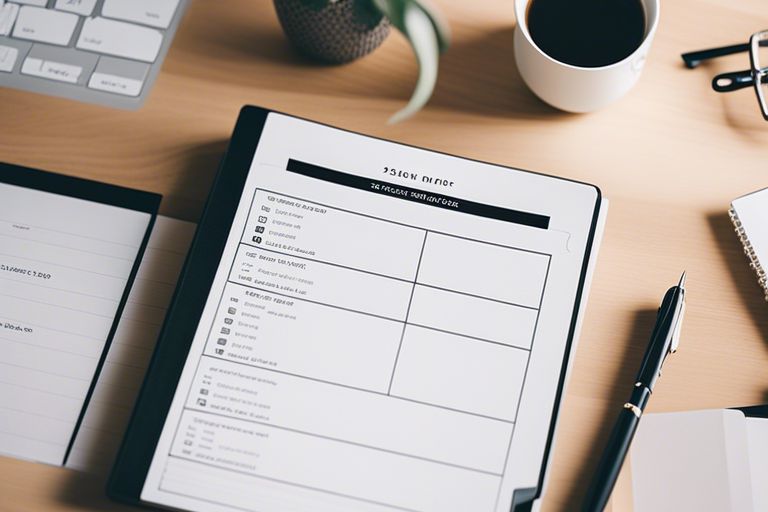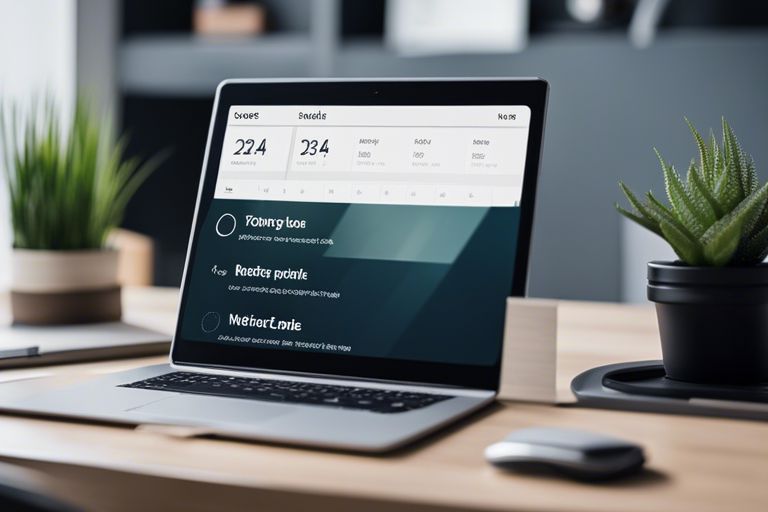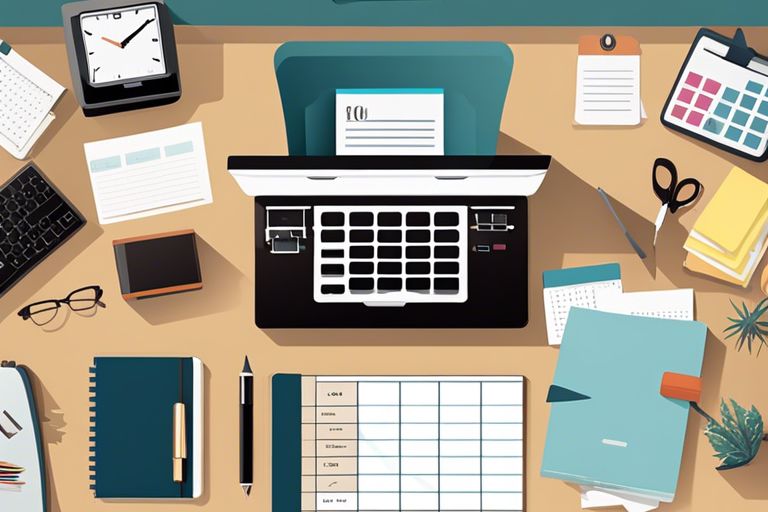When it comes to effectively managing your time, it is crucial to incorporate the right techniques into your daily routine to maximize your productivity. Time management is not just about getting more done in less time, it’s about accomplishing your tasks in a way that leaves you feeling satisfied and in control of your responsibilities. In this blog post, we will explore some of the most effective time management techniques that you can implement in your daily life to help you reach your goals and enhance your overall well-being. By the end of this post, you will have a clear understanding of how to improve your time management skills and take charge of your schedule. So let’s dive in and discover the techniques that will help you make the most of your time.
Setting Clear Goals
To effectively manage your time, it is crucial to set clear and achievable goals. Having a clear sense of direction will help you prioritize your tasks and stay focused on what is truly important. When setting your goals, it’s important to consider the SMART criteria and utilize prioritization techniques to ensure you are making the most of your time.
The SMART Criteria
When setting your goals, it’s essential to use the SMART criteria. This framework stands for Specific, Measurable, Achievable, Relevant, and Time-bound. By ensuring your goals meet these criteria, you are setting yourself up for success. Specific goals clearly define what you want to accomplish, Measurable goals allow you to track your progress, Achievable goals are realistic and attainable, Relevant goals align with your overall objectives, and Time-bound goals have a deadline that creates a sense of urgency.
Prioritization Techniques
Once you have set your goals, it’s time to prioritize your tasks. There are various techniques you can utilize to determine which tasks are most important. One effective technique is the Eisenhower Matrix, which categorizes tasks based on their urgency and importance. Another useful method is the ABCDE prioritization technique, where you rank tasks from A (most important) to E (least important) and focus on completing the A tasks first. By prioritizing your tasks, you can ensure that you are dedicating your time and energy to the most important and impactful activities.
Planning and Organizing
One of the key aspects of effective time management is the ability to plan and organize your tasks in a way that makes the most of your time. By carefully considering your priorities and setting clear goals, you can ensure that you make the most of every minute in your day. For some lesser-known techniques to improve productivity, you can check out this thread on Quora.
The Eisenhower Matrix
The Eisenhower Matrix, also known as the Urgent-Important Matrix, is a powerful tool for prioritizing tasks based on their urgency and importance. This technique categorizes tasks into four quadrants: important and urgent, important but not urgent, urgent but not important, and neither important nor urgent. By sorting your tasks into these categories, you can focus on the most critical and impactful activities, helping you to avoid wasting time on tasks that don’t align with your goals.
Time Blocking and Calendar Management
Time blocking involves scheduling specific blocks of time for different activities, allowing you to focus on one task at a time without distractions. By organizing your day into dedicated time slots for different types of work, you can ensure that you allocate your time more effectively and avoid multitasking, which can negatively impact your productivity. Additionally, effective calendar management involves using tools like digital calendars or planners to schedule and track your tasks, appointments, and deadlines, helping you to stay organized and on top of your responsibilities.
By implementing these techniques, you can gain better control over your time and increase your overall productivity. It is crucial to prioritize tasks based on their urgency and importance, and allocate dedicated time slots for different activities to optimize your time management. Incorporating these strategies into your daily routine can have a significant impact on your ability to manage your time effectively and achieve your goals.
Minimizing Distractions
Your ability to minimize distractions is crucial for effective time management. There are many distractions that can cause you to lose focus and productivity throughout the day. By implementing techniques to minimize these distractions, you can significantly improve your time management skills.
Techniques for Focused Work
One effective technique for maintaining focus is to create a designated workspace that is free from distractions. Make sure this space is separate from high-traffic areas and try to keep it organized and clutter-free. Additionally, consider using noise-canceling headphones or playing background music to block out environmental noise. Another technique is to break your work into smaller, manageable tasks and set specific time limits for each task. This will help you stay focused and prevent getting overwhelmed by the scope of a project.
Managing Digital Interruptions
Your digital devices can be a major source of distractions. To manage digital interruptions, consider implementing specific time blocks for checking and responding to emails and messages. Turn off unnecessary notifications to minimize the temptation to constantly check your devices. Utilize website blockers or app timers to limit the time spent on social media or non-work-related websites. By taking control of your digital distractions, you can significantly improve your ability to focus on important tasks.

The Value of Breaks and Self-Care
Unlike the common belief that working non-stop will make you more productive, taking breaks and practicing self-care actually have a significant impact on your time management and overall productivity. Overworking and neglecting self-care can lead to burnout, decreased cognitive function, and mental health issues. It’s essential to understand the value of breaks and self-care in managing your time effectively.
The Pomodoro Technique
The Pomodoro Technique is a time management method that encourages you to work in short bursts, typically 25 minutes, and then take a short break. This approach helps you to maintain focus and productivity by breaking your work into manageable intervals. By giving yourself specific windows of time to work on a task, you are less likely to get distracted and more likely to make steady progress.
The Role of Downtime in Productivity
Contrary to the popular belief that working longer hours equates to greater productivity, research shows that taking regular breaks and having downtime is crucial for improving focus, creativity, and problem-solving skills. Your brain needs time to rest and recharge in order to maintain optimal productivity levels. Incorporating breaks and downtime into your schedule can help you avoid burnout, reduce stress levels, and improve overall mental well-being.
Summing up
With the various time management techniques discussed, you are now equipped with the tools to effectively manage your time and increase your productivity. By incorporating strategies such as prioritizing tasks, setting achievable goals, and minimizing distractions, you can optimize your time and accomplish more in your day. Experiment with different techniques to find the ones that work best for you, and remember to regularly review and adjust your time management practices to ensure continued success. By taking control of your time and implementing these strategies, you can enhance your efficiency and achieve your goals with greater ease.








